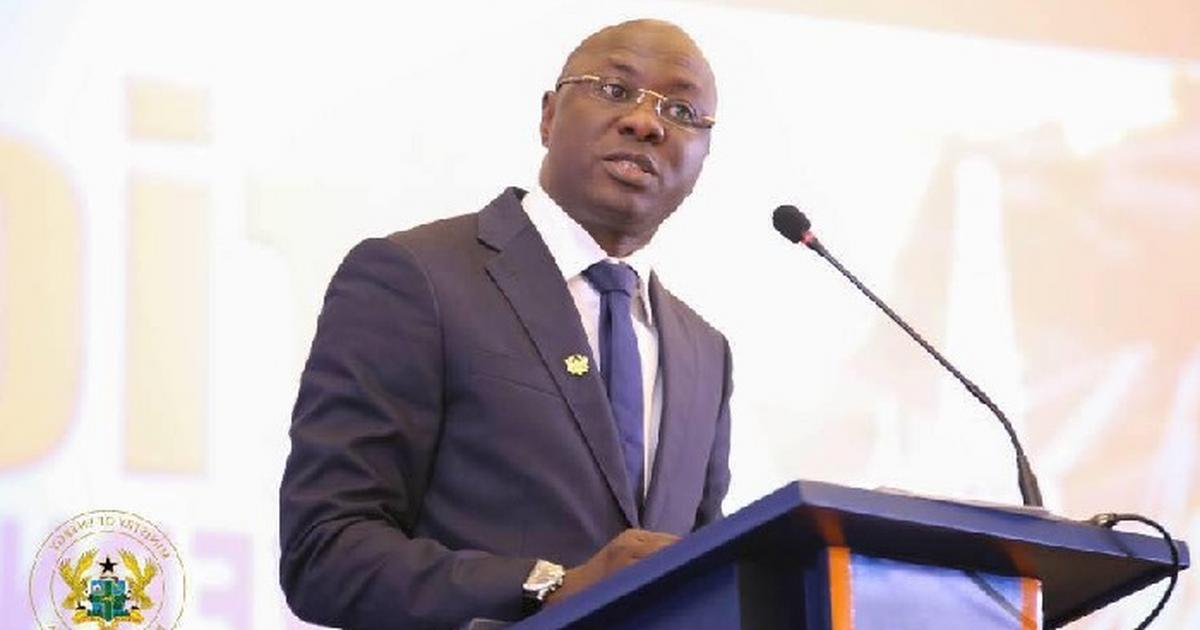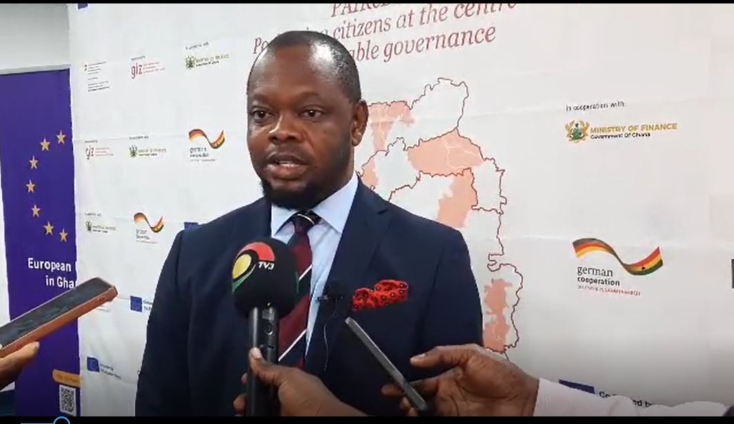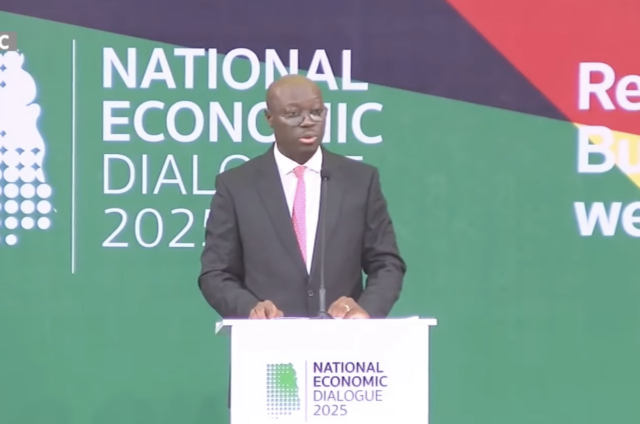The Institute of Fiscal Studies (IFS) has described the Ghanaian economy as one that is still weak and fragile, asserting the country still has an unstable macroeconomic environment.
The IFS challenged assertions by the government that it has turned the corner as captured in its mid-year budget.
In his presentation of the mid-year budget review last month, Finance Minister Mohammed Amin Adam touted the slowdown in inflation and a reduction of deficit amongst other key economic indicators as one that tells a story of economic recovery.
However, the Institute of Fiscal Studies has challenged the claims asserting the economy is still weak and fragile. Addressing a press Conference on Ghana’s Present Fiscal and Macroeconomic Performance, Executive Director, Dr. Said Boakye argues Ghana indicators despite its slowdown still remain worse off than historic rates and amongst its peers on the african continent.
“Even though Ghanais far from being an ideal country regarding inflation rates, a country that has enjoyed single-digit inflation rates for 31 consecutive months from June 2010 to December 2012, averaging 9.0% or even an average annual inflation rate of 11.8% from 2010 to 2021, must see inflation rate of 22.8% as at June 2024 to be dangerously high, ” Dr Said Boakye noted.
The IFS also challenged government’s revenue targets, insisting the revised figures are overly ambitious.
“In contrast to the optimism the Minister of Finance, Dr. Amin Adam, showed regarding revenue mobilization when he presented the 2024 Mid-Year Fiscal Policy Review to Parliament, data show that revenue mobilization remains a big challenge for the government.
“The revised 2024 total revenue and grants target of 17.4% of GDP is, indeed, out of sync with reality and is thus not achievable,” he underscored.
The IFS further urged government to prioritize prudence over power in their campaign policy messaging and rein in expenditure despite this year’s elections.
Source: Starrfm.com.gh





